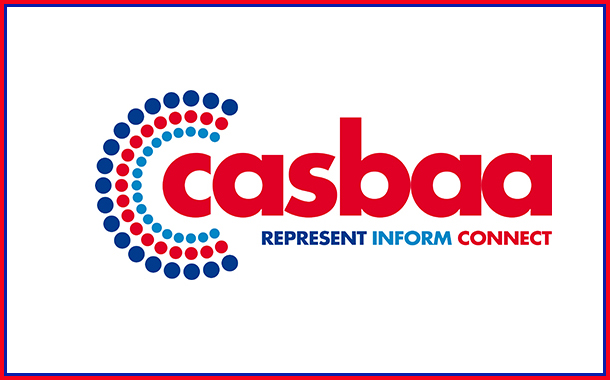Opening the Casbaa Satellite Industry Forum in Singapore last Monday, CEO Louis Boswell set the tone for the day as he told delegates that those in the satellite communications industry need to “see change as a challenge to grow, develop and become stronger to benefit the larger ecosystem”. Furthermore, “Casbaa is uniquely positioned, with video as the common glue, to talk about – and promote – developments, innovations in and the relevance of the satellite ecosystem. Casbaa will continue to represent and satellite will continue to be relevant”.
The conference was designed to bring together a wide range of world-class speakers from the industry to deal with crucial issues, encouraging robust and frank debate. Topics covering innovation, the need for partnerships, better revenue generation methods, the implications of video, connectivity, and 5G were all discussed at the full-day conference for the satellite industry.
The theme of change was supported throughout the day, initially by John-Paul Hemingway, CEO of SES Networks in his opening keynote, who said that “the satellite industry must become part of the mainstream. The industry cannot be limited to innovating in space; we have to be bolder, we cannot be niche”. MitsutoshiAkao of SKY Perfect JSAT noted that, “we are starting to think how to expand our space business not just in GEO but also in drones, LEO, MEO, etc”. This was further supported by AsiaSat’s Barrie Woolston who reaffirmed to all that opportunities for growth will indeed remain.
Change was also apparent in the approach being taken by major industry players in actively seeking partnerships. Huang Baozhong of APT Satellite advised that “We maintain a good profit margin, but we are looking for partners in other parts of the world”. Jean-Francois Fenech of Eutelsat Asia added “Our main business in Asia is around mobility and data, and we are looking to grow our video and DTH business in the region” with satellite fleet operator ABS’s Jim Simpson stating that “We have rights to 15 orbital slots, now vacant. We’re looking for partners, including satellite manufacturers, to fill them before they expire”.
The other prominent discussion of the day centred around 5G. “Every single telco customer we have is asking us about our 5G strategy and partaking in 5G trials. It’s going to take a huge amount of time and redesigns before we get there, but we need to already find a way to play in that space“, said SES Network’s JP Hemingway. “5G will require a hybrid network”, said Intelsat’s Terry Bleakley, “and the development cycle offers the satellite sector an opportunity to become a core part of the telecoms solution“. In the closing panel of the day, THAICOM’s Nile Suwansiri stated that, “for satellite to be successful it is not just about cost, but about establishing demand for satellite’s role in 5G”, with other panellists all agreeing on the “we” approach as it will enable newer types of applications, standards and innovation.
Change is in the air for the satellite industry and Casbaa CEO, Louis Boswell, announced that this also applies to Casbaa, with the annual conference event, the Casbaa Convention, not only moving back to Hong Kong, but rebranded as the Asia Video Summit.
The Satellite Industry Forum was supported by APSTAR, AsiaSat, Boeing, Effective Space, Eutelsat, Hughes, International Launch Service (ILS), Integrasys, Marsh, MEASAT, Newtec, NorthTelecom, SES, SKY Perfect JSAT Corporation, SpaceX and SSL.

















